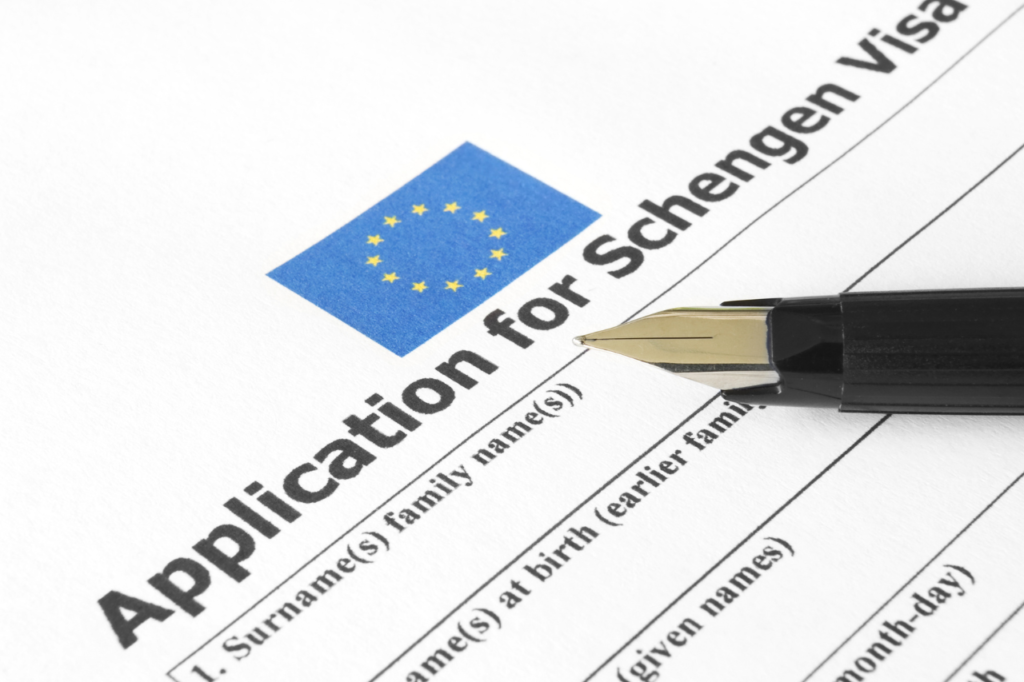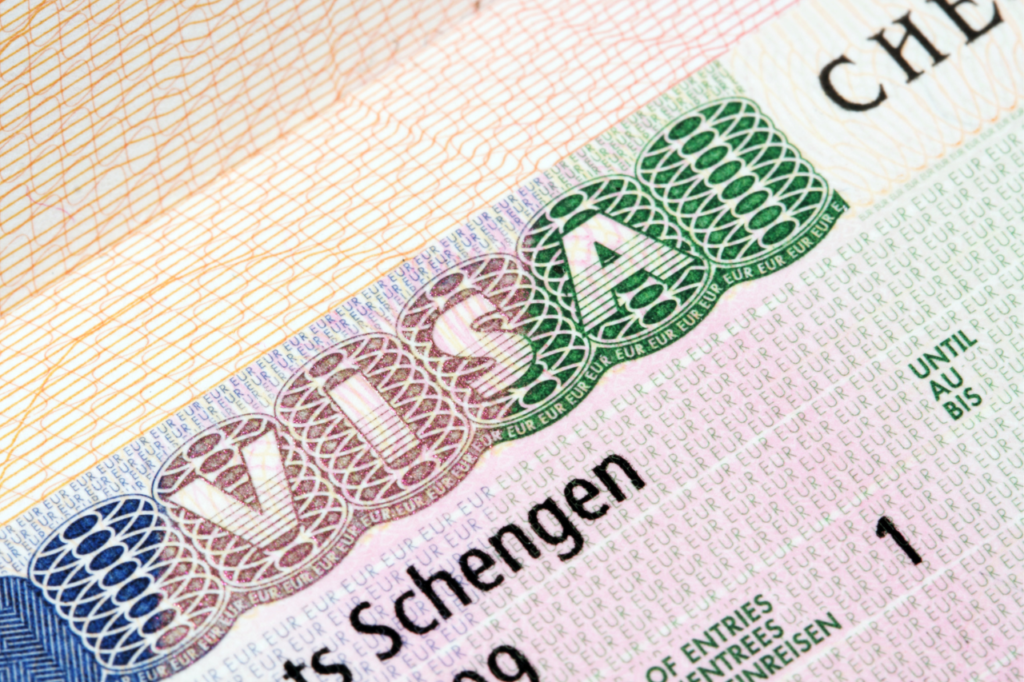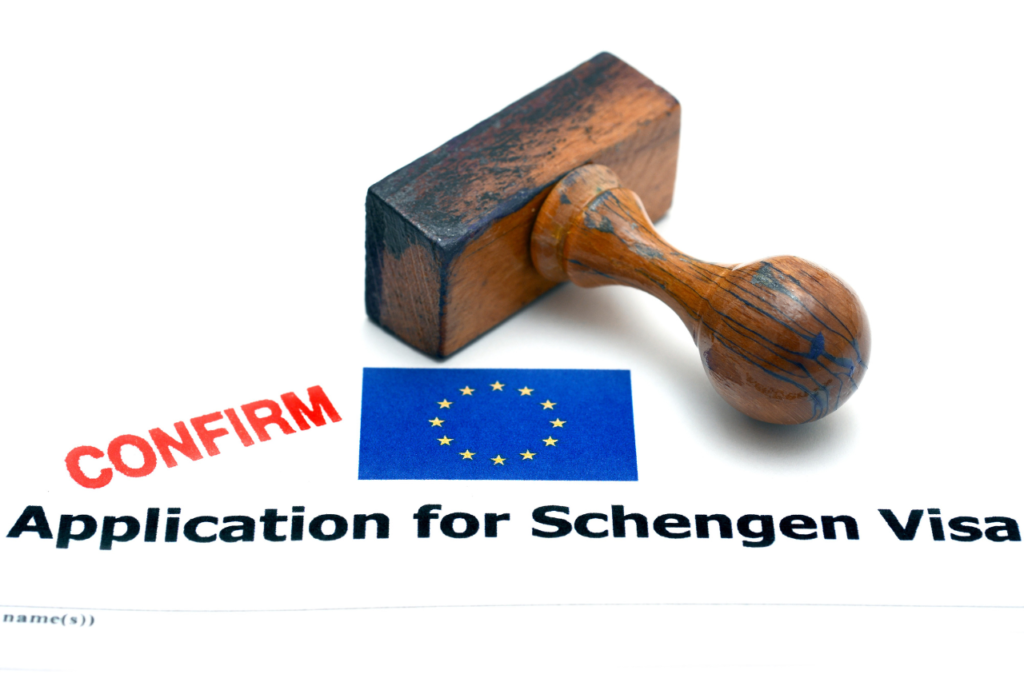As your Schengen visa nears expiration while you’re exploring Europe, extending your stay can become a priority. Whether you’re a traveler wanting more time to explore, a professional with new opportunities, or a patient needing ongoing medical care. In this guide, we’ll explore how to extend your visa while staying within the Schengen Area, the different visa types, and permissible grounds for extension, and provide the knowledge you need for a successful process.
Understanding Visa Validity
it’s important to understand the different types of visas based on entry conditions to grasp the details of your Schengen visa’s validity.
- Single Entry Visa: This visa allows you to stay for a limited duration. Once you exit, re-entering is not allowed.
- Double Entry Visa: it permits two entries during the visa’s validity period.
- Multiple Entry Visa: This visa allows you to enter and exit multiple times within the specified duration, with a maximum stay of 90 days within six months.
Knowing your visa type will help you decide whether extending your visa is necessary and what options are available to you. Understanding these distinctions is essential for navigating the visa extension process effectively.
Reasons for Extending Your Visa
- Late Entry: If you have a single-entry visa and entered after the visa’s start date (e.g., visa valid from August 1 but entered on August 15), you can apply for an extension.
- Humanitarian Reasons: Authorities grant extensions for unforeseen hardships, like continuing medical treatment, attending a funeral, or supporting a distressed family member.
- Force Majeure: Unforeseen events in your home country, such as conflict, war, or extreme weather conditions, may justify an extension for your safety.
- Important Personal Reasons: Authorities may consider extensions for critical personal matters, such as unfinished business or unplanned family events within the Schengen Area.
Extension Process
- Identify valid grounds for extending your visa, forming the basis of your application.
- Apply for an extension well before your current visa expires to avoid deportation.
- Submit your extension application to the immigration authorities of your current Schengen country of residence.
- Gather necessary documents such as passport, visa extension form, recent photograph, proof of income, travel health insurance, and supporting documents for your extension reason.
- Prepare for a potential interview to validate your extension reason if required.
The visa extension process typically takes a few days to a month. During this period, you can stay in the country but cannot travel to other Schengen countries.
Visa Extension Fees
- First Extension: For your initial visa extension, there may be no fee if your reason falls under humanitarian or force majeure categories. However, for other valid reasons, a fee might apply.
- Second Extension: If you’re extending your visa for the second time, a fee is likely required. The amount depends on your age—minors typically pay 30 euros, while adults pay 60 euros.
It’s important to remember that if your extension application is denied, the fee is non-refundable. Understanding these fees will help you plan ahead and budget accordingly for your visa extension process.
Options After a Denial
Appeal the Decision:
You have the right to appeal the denial of your extension. The law provides this option, and the notice of refusal you receive will explain it. You must submit your appeal to the same member state that denied your request, following their specific procedures and timelines.
Your appeal should include a cover letter explaining why you believe the denial was incorrect and any additional evidence that supports your case.
Request a Review or Remonstrance:
Some member states allow for a review or remonstrance of the decision. This process involves asking for a reconsideration of your case without starting a new application. Check the refusal notice to see if this option is available and how to proceed.
Reapply for the Visa:
You can choose to reapply for a Schengen visa extension. This involves submitting a new application along with all required documents and fees. It’s advisable to address any reasons for the previous denial in your new application.
You don’t have to wait before reapplying, but it’s often recommended to wait at least 30 days to strengthen your case and ensure all documents are up-to-date.
Important Considerations
- Legal Stay: If your extension is denied, you must leave the Schengen Area before your current visa expires or within two days of receiving the denial notice.
- Documentation: When appealing or reapplying, ensure that all documentation is complete and addresses any issues that led to the initial denial. This may include updated financial statements, travel itineraries, or other relevant documents.
In summary, while a denial can be frustrating, you have clear pathways to challenge the decision or apply again, provided you act promptly and address any shortcomings in your previous application.
You can extend your visa within the Schengen Area if you have valid reasons and follow the application process carefully. Whether you want to explore Europe more, pursue business opportunities, or continue medical treatment, a well-justified visa extension can let you stay longer in Europe. Plan, gather the required documents, and present a strong case for your extension. With proper preparation, you can enjoy an extended stay in the captivating Schengen Zone.
How Law and Visas Can Help?
At Law and Visas, our team of expert immigration consultants is here to make your application to the Schengen Area straightforward and successful. Whether you’re applying for a Business Visa or an Immigrant Investor Visa, we handle every step—from preparing your application to gathering the required documents.
Our Immigration Consultants and Lawyers ensure that your application meets the highest standards, with no details missed. We’ll also keep you informed throughout the process and coordinate with the immigration office or embassy on your behalf.
Law and Visas have a strong record of helping clients secure the visas/permits they need to visit Schengen Area. You can call us today at +234 812 5505 986 to learn how we can help you.





